Tried to Feed My Cat Water With a Syringe and He Died
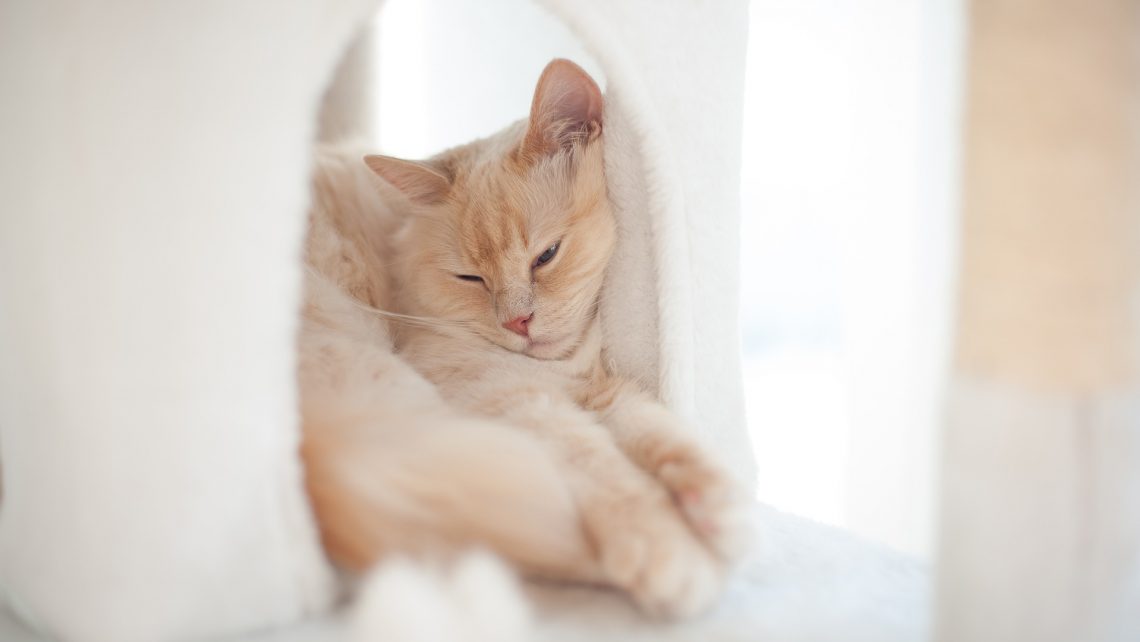
Most pet owners consider neutering their cats because it makes their pets healthier and more behaved creatures. While the procedure is both economical and beneficial to the pet, it's highly important that you know how to effectively take care of your furry friend after undergoing the surgery. It's prudent to know the dos and don'ts in properly caring for your newly neutered cat. Here are some of the things you should remember.
Care After Arriving Home
After bringing your cat home, he'll most likely be feeling some anesthetic effects. Typically, vets apply some form of protective ointment on his eyes to ensure they don't dry out. The ointment can cause the cat to have blurry vision.
Consequently, you need to place him in a dark, warm, and quiet indoor location to recover for twenty-four hours after the surgery. During this time, it's important to keep other pets – even kids – away from the cat. Even the most affectionate and sweetest cat can become aggressive, biting or scratching anything when he feels frightened.
 The hangovers of anesthesia usually disappear within 24 hours. After this period, the personality of your cat usually goes back to normal. Vets recommend that you stay with your cat on the first night in order to observe his activity levels and carefully monitor your cat's recovery.
The hangovers of anesthesia usually disappear within 24 hours. After this period, the personality of your cat usually goes back to normal. Vets recommend that you stay with your cat on the first night in order to observe his activity levels and carefully monitor your cat's recovery.
What About Water And Food?
Once your cat gets home from the vet, you should give him water. The amount should be minimal to avoid vomiting. Only keep a small amount of water in a bowl and then top it off when necessary. When your cat is awake and alert, you should offer one-fourth to a half portion of his normal food intake. If he vomits, you need to take away the remainder of the food. Avoid offering food again until the following morning.
The day after surgery, give your cat regular amounts of water and food. Since the anesthetics can make your cat a bit nauseous, it's normal if he does not eat right away. But if your feline friend isn't drinking or eating normally 48 hours after surgery, you need to consult your vet immediately.
Medication
Twenty-four to 36 hours after surgery, it's normal for your cat to experience some minor discomfort and soreness. As such, vets give pets a long-acting pain medicine in a form of an injection after surgery. Experts prohibit the use of most pain relievers, including those that contain acetaminophen, aspirin, or ibuprofen since they're known to cause serious complications and in severe cases, death.
If you think that your cat needs pain-relieving medication , you need to contact your vet first. It's highly important that you follow the instructions of your vet regarding the medicines he or she will prescribe.
Washroom Habits
As much as your cat chooses not to eat, he still needs to relieve himself. With that said, you should place a sparkling clean litter box close to your cat's resting spot for his convenience. It's not ideal to let your pet cat walk after the surgery.
Dirt or dust from kitty litter find their way into the incisions and may result in an infection. For this reason, you need to utilize a shredded paper litter for roughly seven days after the operation. The other thing you need to do is monitor his urine for blood. A tiny amount of blood may be evident within the first 24 hours post-surgery. But if you notice there is still blood the next day, it's high time to call a vet.
The anesthetics given during surgery can cause diarrhea or constipation, which may last 24 to 48 hours after the operation. If you notice that your cat is unable to defecate or urinate normally within the first 72 hours post-surgery, you need to contact your vet immediately.
Levels of Activity
Within one or two days after the surgery, your cat may return to his normal self. However, you need to keep him indoors for seven days to make sure it has fully recovered. Letting the cat stay inside the house also gives you the opportunity to monitor your pet closely in terms of activity levels and healing process.
 You shouldn't allow him to climb stairs, run, jump, or even play during the first-week post-operation. Letting the newly neutered/spayed cats move too much can slow down the cut's healing process. To be on the safe side, it's important to keep your cat inside a small room, in a crate or inside a carrier. Don't rush his recovery. It is much better to let your cat rest throughout the week.
You shouldn't allow him to climb stairs, run, jump, or even play during the first-week post-operation. Letting the newly neutered/spayed cats move too much can slow down the cut's healing process. To be on the safe side, it's important to keep your cat inside a small room, in a crate or inside a carrier. Don't rush his recovery. It is much better to let your cat rest throughout the week.
[For more on feline spaying and neutering, check out the story of Miss Meowly Cyrus in a two-part article]
To remember when you got your cat neutered and never forget his medication you need reminders from the PETABLE app:
![]()
![]()
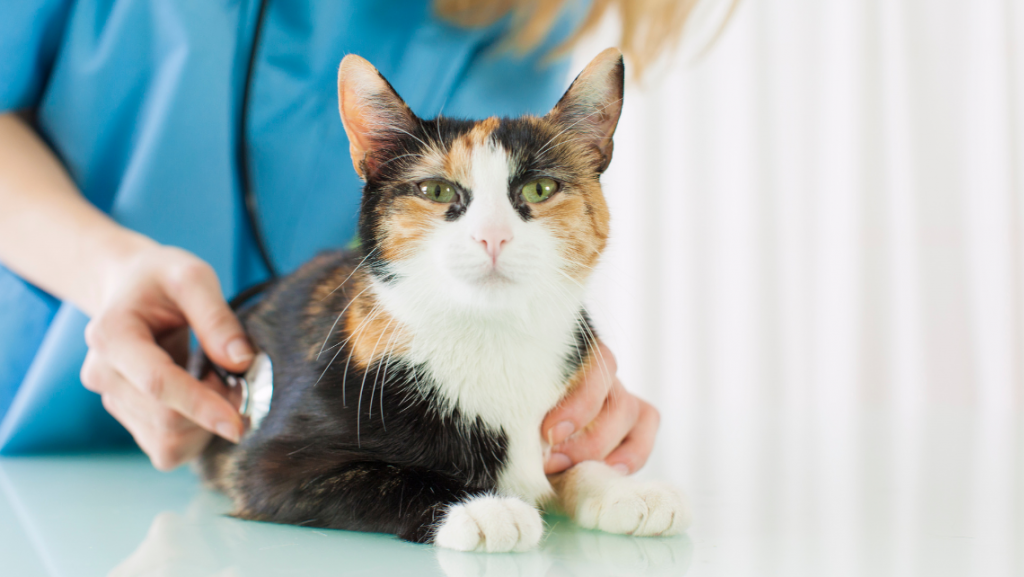
Tips to take your pet to the vet
We all want our pets to grow up happy and healthy, and to be with us for as long as possible! But for this to happen, visits to the vet
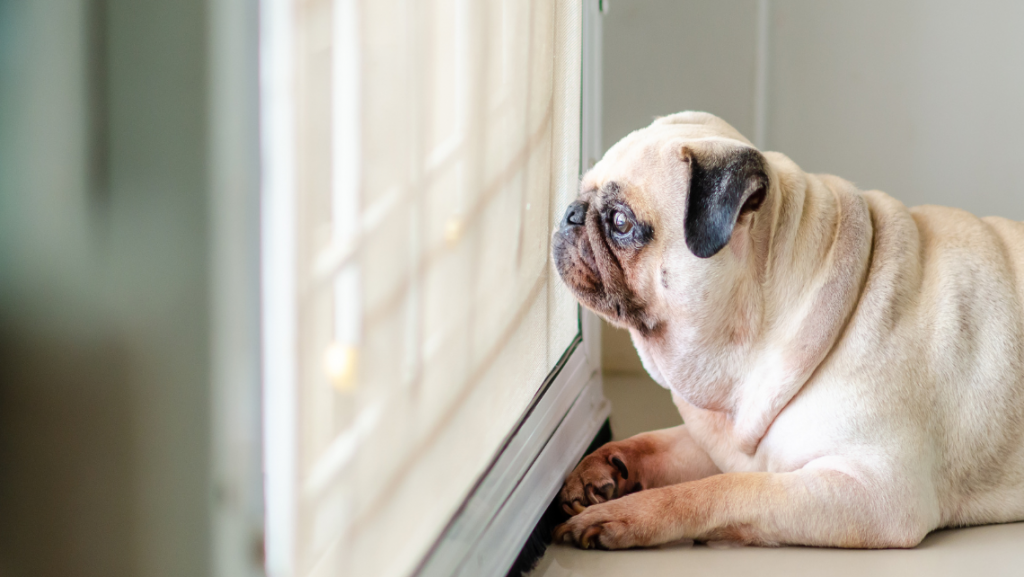
Brachycephalic Dogs – a breathtaking love affair
Brachycephalic dogs, with short skulls and flat faces, have been gathering fans all over the world, mainly because of their gentle character and cute appearance. These breeds have risen in
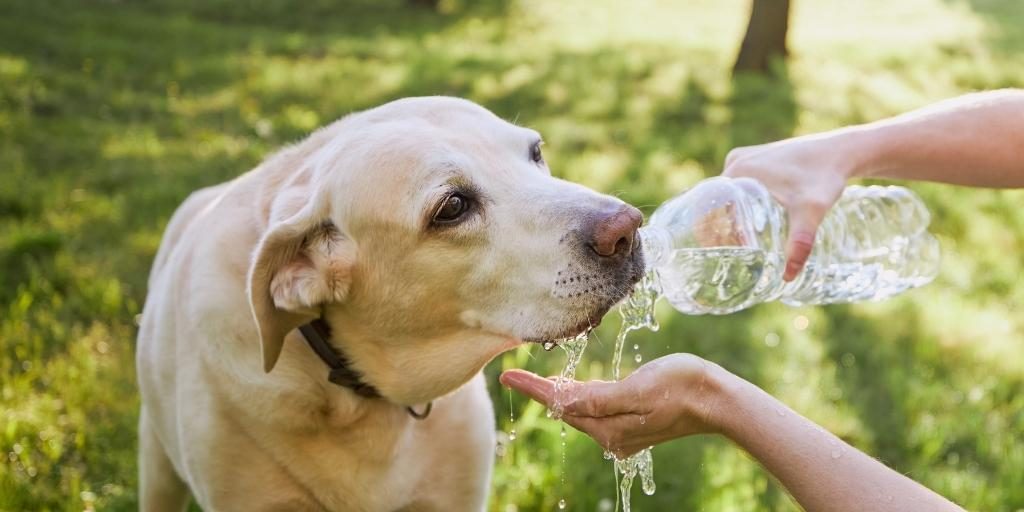
Keep Your Pet Safe From The Heat
Global warming has us collectively worrying about our planet's future. Additionally, the fact that temperatures are rising has many effects on our daily lives. Everyone enjoys a sunny day but too much

Tips for traveling with your pet
Summer is here! And we all know what that means... Vacations! Long and sunny days of peace and rest, including endless fun and companionship, together with family and friends. So

How to walk my dog on a leash?
There's no feeling like taking our dog out to discover the world - new friends, different smells, some challenges, and lots of adventures. But there's so much more to going
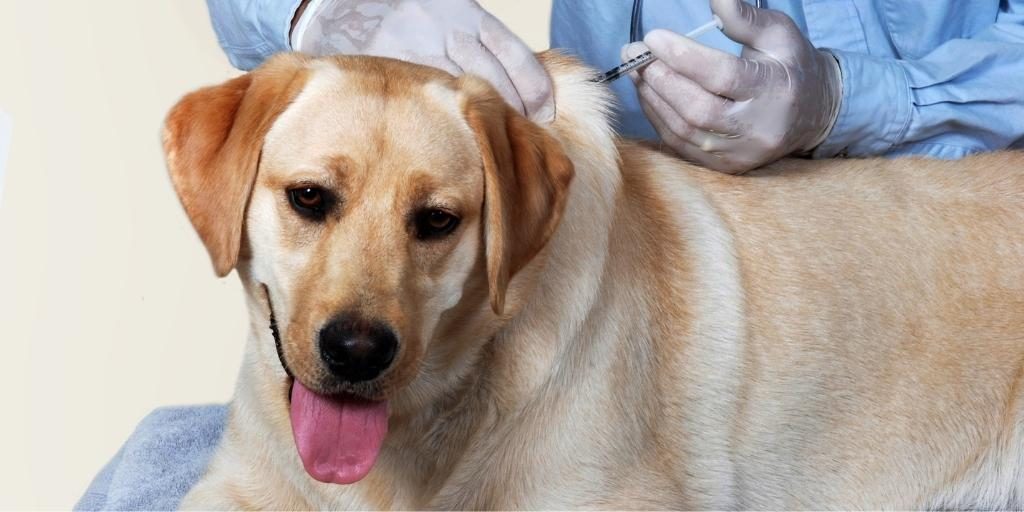
Vaccination in dogs – what do I need to know?
There is SO much information on canine vaccination out there. But some of it might be more confusing than informative. Do you think you know everything you need about vaccinating your dog?

What age to spay/neuter your cat and what you need to know
In a veterinary, there is probably no more common surgery than spaying a female cat or neutering a male. For many feline parents it is relatively easy to understand the

Processionary caterpillars: pests that really bug our pets!
Every year, between February and May, we are surrounded by warnings and alerts about the pine caterpillar, and the risk of its contact with humans and pets. However, for those
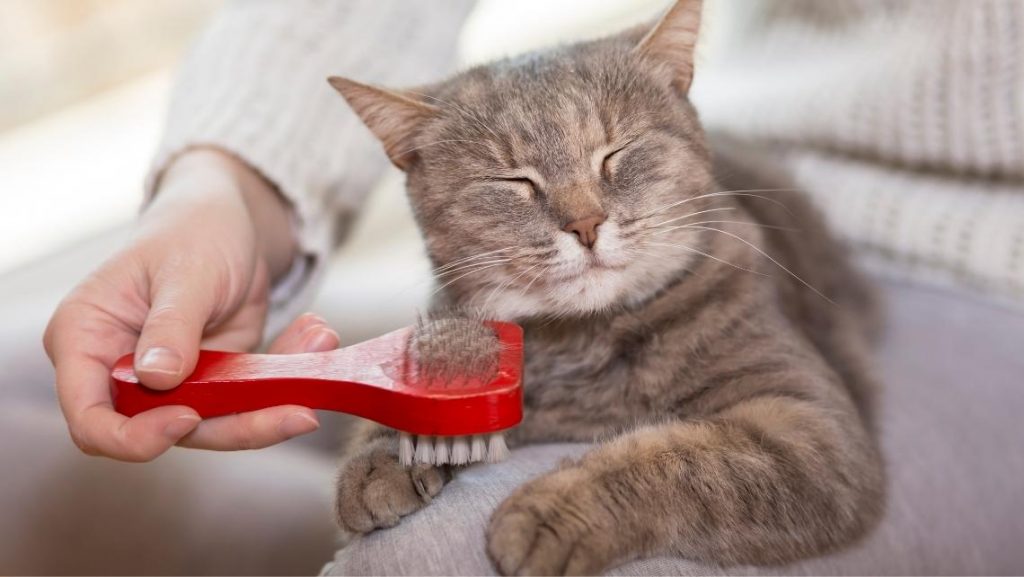
My pet is shedding fur like you wouldn't believe
Hair loss is one of the most common complaints reported by families with pets. The "problem" of hair loss is very common, both in dogs as well as in cats.

Getting to the root of dental problems in pets
Dental problems in pets are very common and also very worrying as they play an important role in the overall health well-being of our pets. Besides ensuring captivating smiles for

Why is my dog afraid?
What is fear in dogs? Fear is a physiological response that occurs due to a person, situation or object that represents a threat to the dog (real or perceived). On
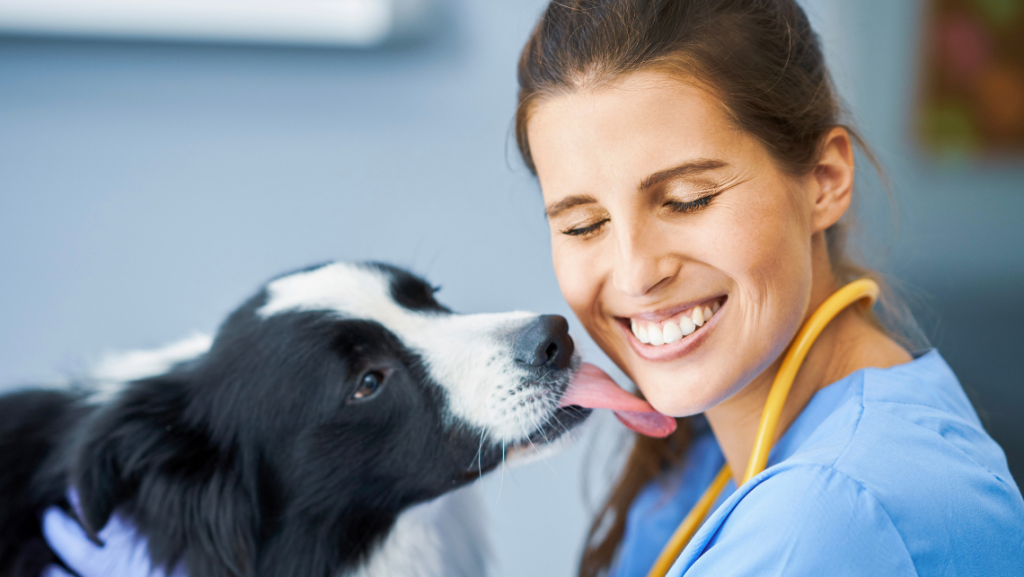
7 Ways to Thank Your Veterinary Team
Every day, Veterinarians (and all members of their teams) put their knowledge and experience into providing the best health care for our pets. But they give so much more than
Source: https://petable.care/2018/03/20/things-you-should-and-should-not-do-for-your-neutered-cat/
0 Response to "Tried to Feed My Cat Water With a Syringe and He Died"
Post a Comment